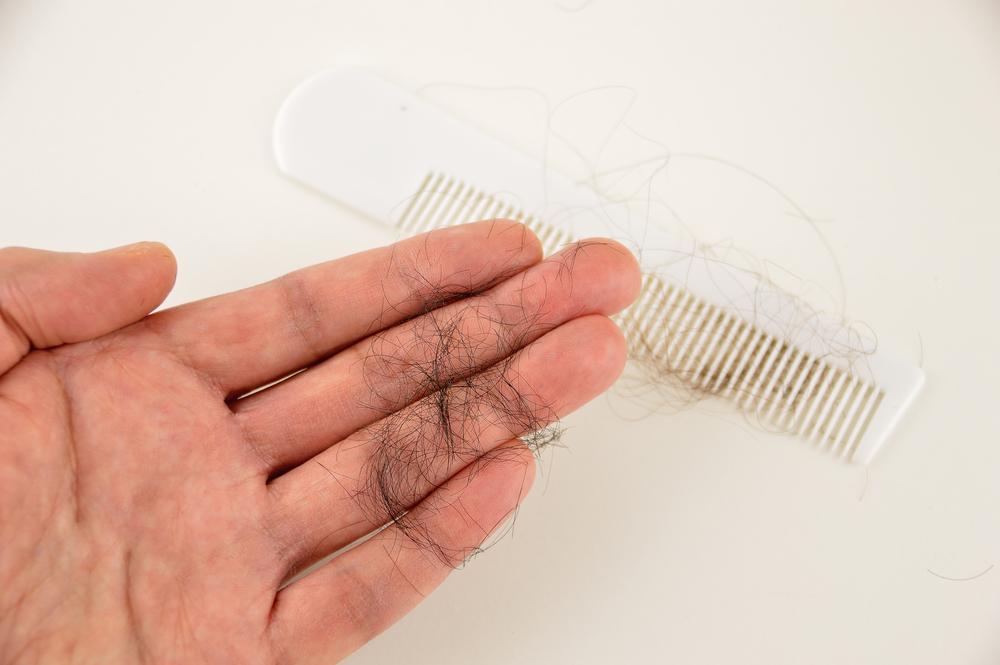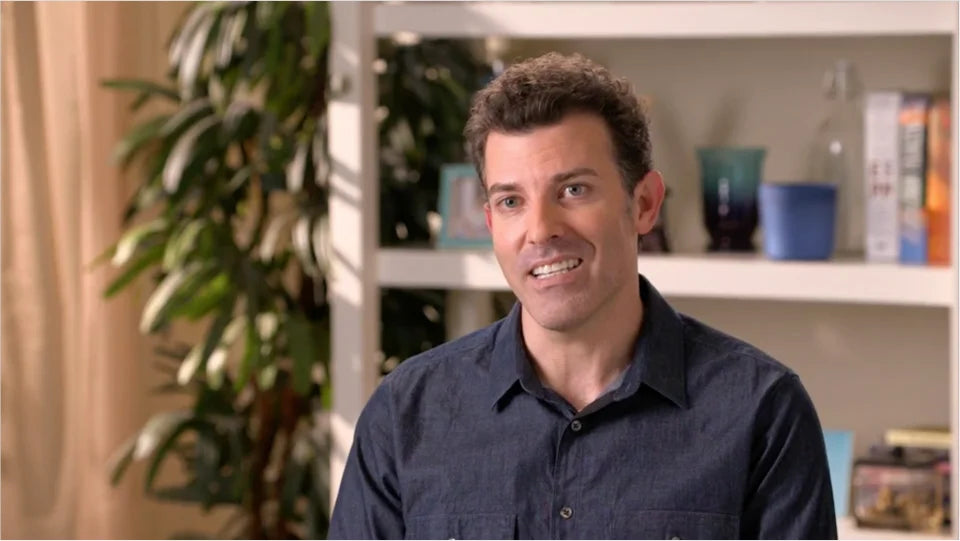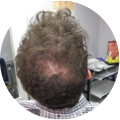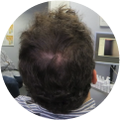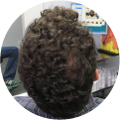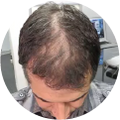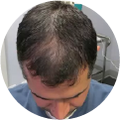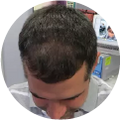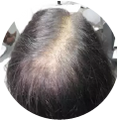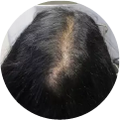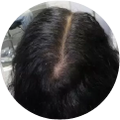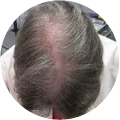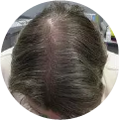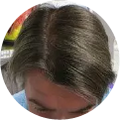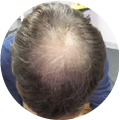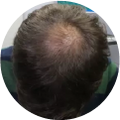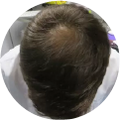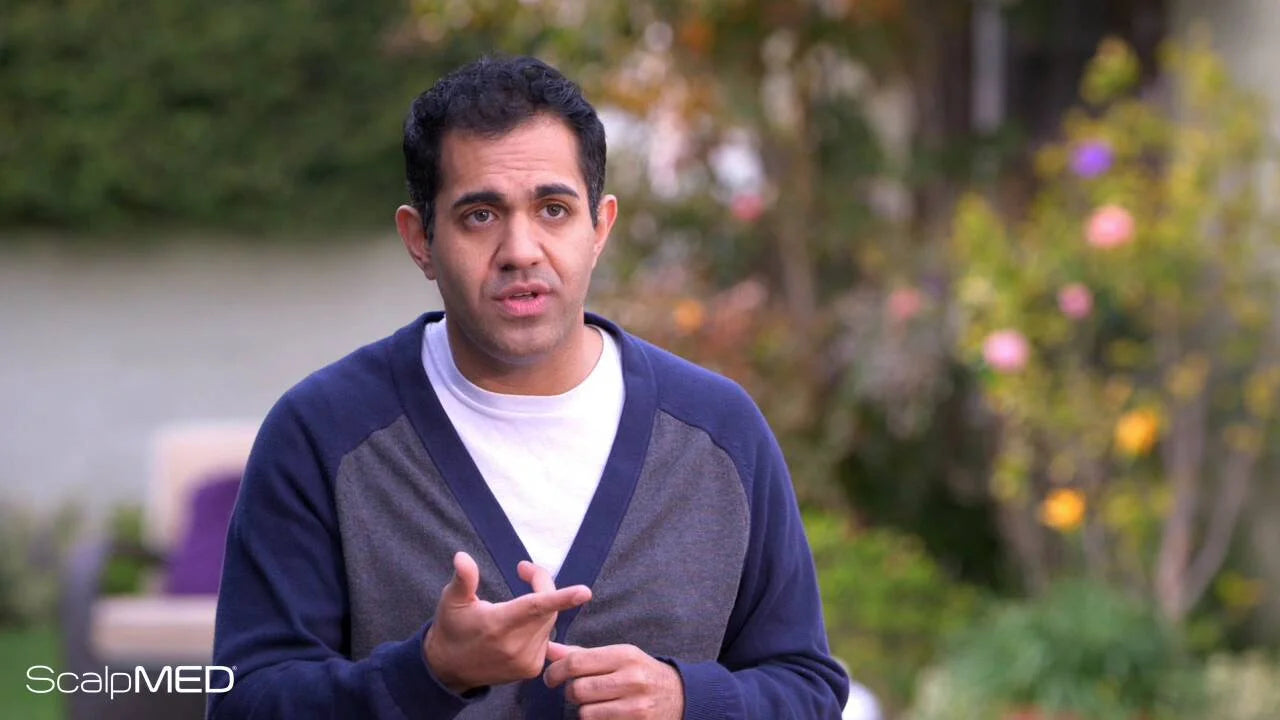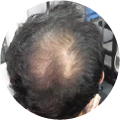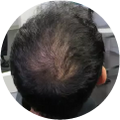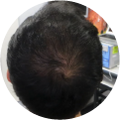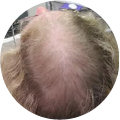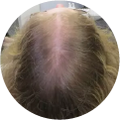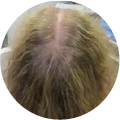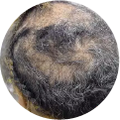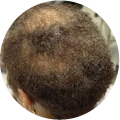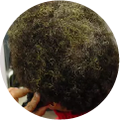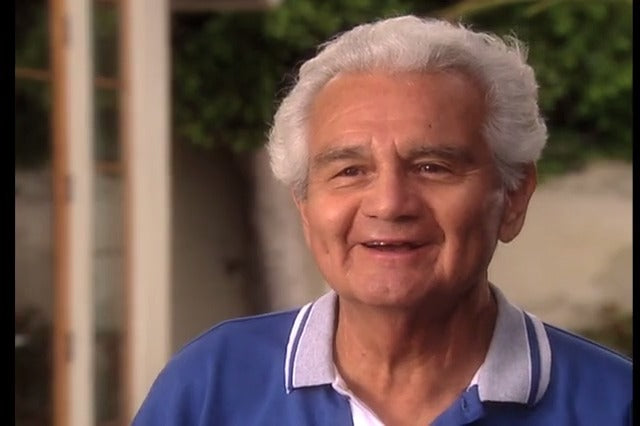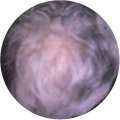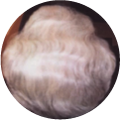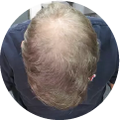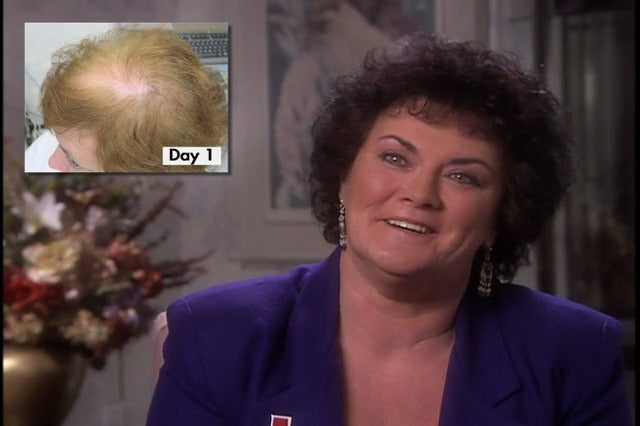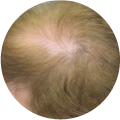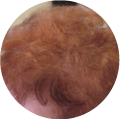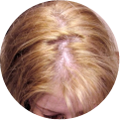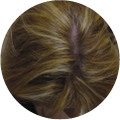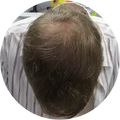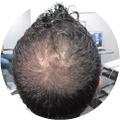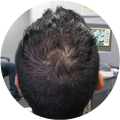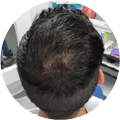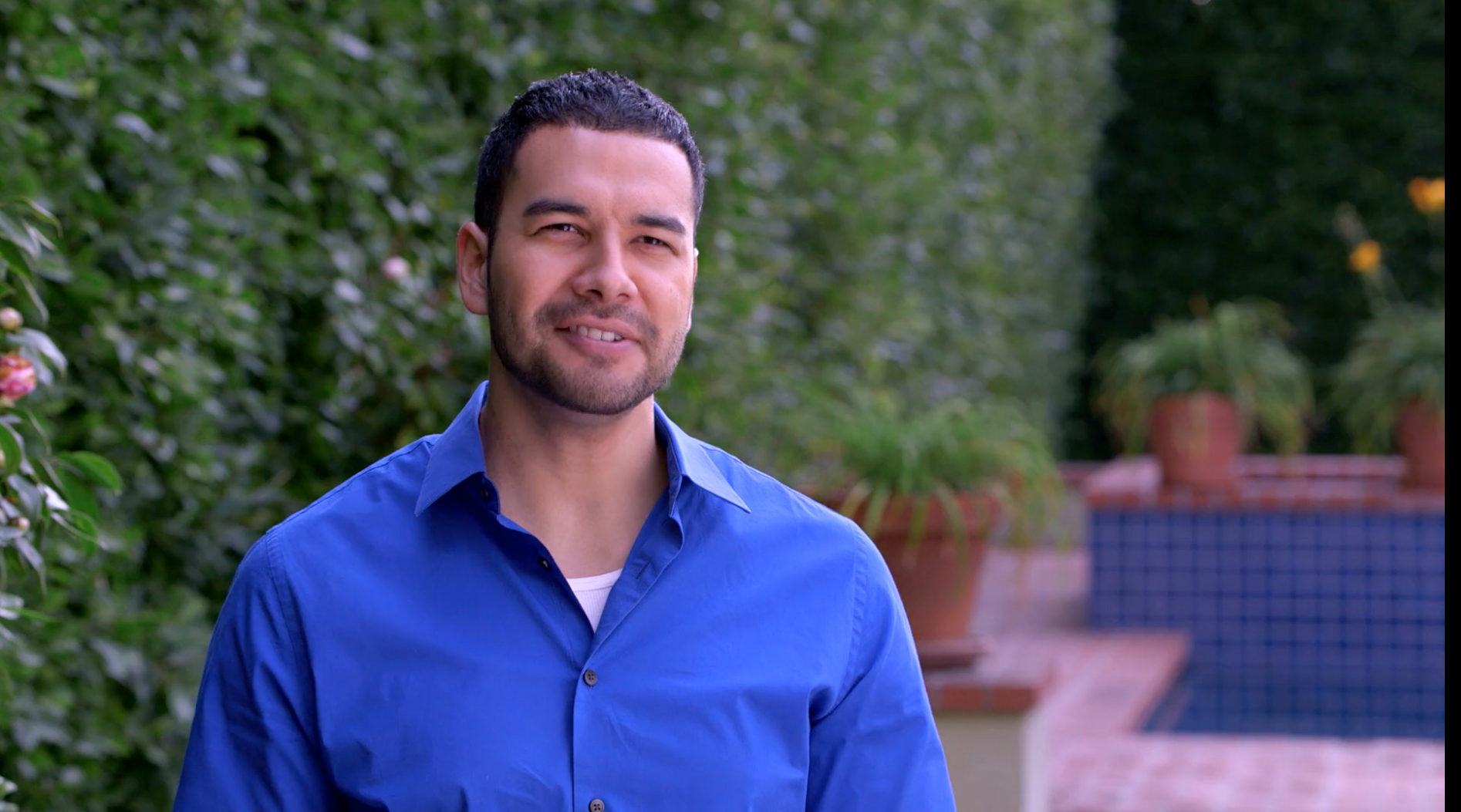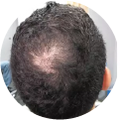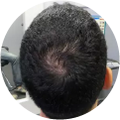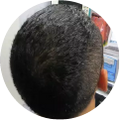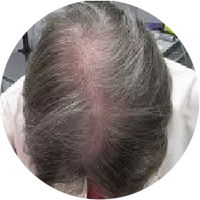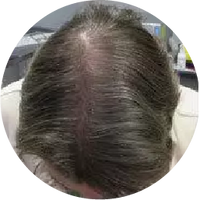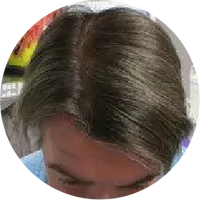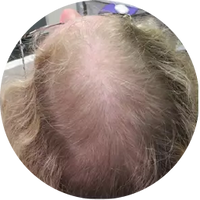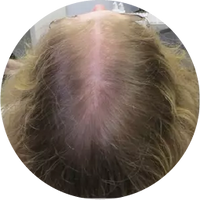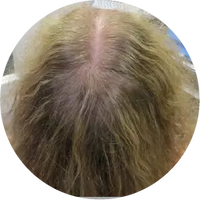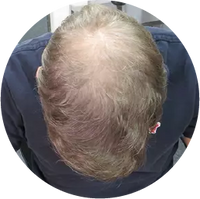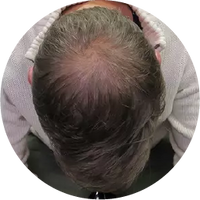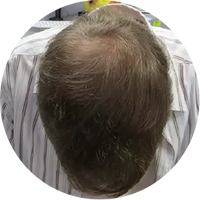
If you are suffering from hair loss or hair thinning, it can be challenging to determine what hair treatments are worth trying. There is an intimidating amount of information and options available for how to stimulate hair growth, but many do not work and have no scientific backing to prove how they help promote hair growth. One option that may come up if you are searching for hair loss treatments is essential oils. Essential oils are the concentrated essence of a plant. They are extremely potent and must be used sparingly to be effective. Many essential oils boast a staggering number of benefits for your scalp and hair. However, these benefits are dependent on your scalp and hair health, type of hair, and thickness of hair. For example, if you suffer from a dry, flaky scalp, you will want an essential oil that is moisturizing and gentle on the skin, but if you have greasy, oily hair you would want an essential oil that balances sebum production on the scalp to make it less oily. To help you determine the right essential oils for you, we have put together a list of the best essential oils for hair growth and their respective benefits, as well as a guide for how to use essential oils in a hair treatment.

Rosemary Essential Oil
One of the most frequently utilized essential oils is rosemary essential oil. Many people have experienced success using rosemary oil for hair growth. Rosemary oil is one of best essential oils to utilize for hair growth because it increases the cellular metabolism in hair follicles. This increase in cellular metabolism results in hair growth stimulation. In addition, rosemary oil increases circulation to the scalp, while helping increase the production of healthy hair follicles. Rosemary oil possesses a high number of antioxidants, which impart a number of vital benefits. The antioxidants found in rosemary essential oil aid in the prevention of thinning or graying hair. Rosemary essential oil is ideal for individuals who have a greasy or oily scalp. The presence of excess oil on the surface of the scalp indicates an overproduction of sebum, the natural oil the scalp produces to moisturize hair follicles. Rosemary essential oil helps to balance sebum production, which can alleviate the build up on excess oil on the scalp or hair. Rosemary essential oil also clears the pores in the surface of the scalp, making it ideal for individuals who suffer from an itchy scalp or the presence of dandruff. It is important to note that rosemary essential oil is not recommended for use on individuals who suffer from epilepsy or who are pregnant.
Lemon Essential Oil
Lemon essential oil is another popular choice for many individuals. Lemon essential oil is produced using the oil glands on lemon rinds. Lemons are known for their distinct scent and cleaning properties, but many people do not realize that using lemon oil for hair is also very effective. Lemon essential oil works as an antiseptic and antimicrobial, which when applied to the scalp and hair means that it can resolve and fight skin infections and help to treat dandruff. Many people suffer from scalp acne, and these antiseptic benefits can be extremely beneficial for individuals with scalp acne. In addition, lemon essential oil also can be clarifying and drying in a way that works well for individuals suffering from an oily or dry scalp. Not only does lemon essential oil help promote healthy hair growth, it will leave your hair with a delightful citrus scent. It is important to note that lemon essential oil can make the skin more sensitive and reactive to sunlight, so avoid going out into the sunlight with lemon essential oil on your hair or scalp.
Tea Tree Essential Oil
Tea tree essential oil is made using the Australian tree called Melaleuca Alternifolia. Tea tree essential oil aids in improving scalp and hair health in a variety of different ways. One of the most impressive ways that tea tree oil works is as an antimicrobial and antifungal. If you are using tea tree oil for scalp health improvement, it will reduce itchiness and dryness, moisturize the scalp, and unclog hair follicles. Tea tree essential oil is able to penetrate deep into hair follicles, which unclogs the hair follicles and subsequently aids in regulating the flow of sebum to the surface of the scalp. Tea tree essential oil’s antimicrobial properties allow it to combat scalp acne and fungal infections on the surface of the scalp. Tea tree essential oil will leave your hair feeling moisturized and smelling woody and fresh.
Peppermint Essential Oil
Peppermint essential oil is one of the most well-known types of essential oil. Recognized for its fresh mint scent, peppermint essential oil possesses a number of beneficial properties for hair growth and scalp health. Peppermint essential oil will feel cooling and tingling when applied to the scalp and helps to increase blood flow. When the scalp receives a higher volume of blood, hair growth is stimulated, and healthy hair follicles are produced. Peppermint essential oil also has a number of cleansing properties that allow it to unclog pores on the surface of the scalp. When the pores are unclogged, the flow of sebum to the surface of the scalp is facilitated and skin cells can flow normally, aiding those that suffer from a dry scalp. Peppermint oil for hair is a simple, refreshing way to stimulate hair growth and leave your hair smelling of menthol.
Cedarwood Essential Oil
Cedarwood essential oil is a less commonly recognized essential oil. Cedarwood essential oil has numerous benefits that it imparts when massaged into the hair and scalp. Cedarwood essential oil aids in the reduction of skin irritations, which makes it ideal for those with sensitive scalps. Cedarwood essential oil also has been shown to be useful as a treatment option for some individuals suffering from alopecia. Cedarwood essential oil helps to increase circulation to the scalp, which promotes healthy hair growth and slow down hair loss. Some individuals utilize cedarwood essential oil to help treat hair that is thinning on the surface of their scalp.
Clary Sage Essential Oil
Clary sage essential oil is derived from an extraordinary type of sage plant. Clary sage essential oil has a distinct, musky aroma and is known for its many unique benefits. Clary sage essential oil can be used as a natural remedy for various types of rashes and also functions as an antibacterial agent. Many types of hair loss are associated with increased levels of stress or various hormonal imbalances, namely trichotillomania, telogen effluvium, and alopecia areata. Clary sage essential oil aids in reducing stress and balancing hormones, which can be effective in treating some types of hair loss. Clary sage essential oil is also capable of reducing cortisol levels within the body. Clary sage essential oil is known for its high phytoestrogen content, which helps to promote healthy hair growth and reduce the appearance of premature balding. In addition to these benefits, clary sage essential oil also aids in controlling dandruff and regulating sebum production on the surface of the scalp. It is important to note that clary sage essential oil is not recommended for use on pregnant women as some cases have been reported of it inducing contractions.

How to Use Essential Oils for Hair Growth
As mentioned above, essential oils are extremely concentrated and potent, which means that they cannot be put directly on the surface of the scalp. Essential oils often evaporate quickly and will leave behind a very strong aroma. To use essential oils in treatments to stimulate hair growth, it is recommended that essential oils be diluted with a carrier oil. Carrier oils are oils that are primarily extracted from seeds, nuts, or the kernels of plants. Essential oils are often very strong, whereas carrier oils are relatively neutral, making them a good balance for the essential oils. Carrier oils do not evaporate at the same rate as essential oils, and many carrier oils offer a number of their own medicinal benefits. By mixing essential oils and carrier oils together, you can control the concentration of the treatment you are putting on your hair and scalp.
In each treatment, the ratio of essential oil to carrier oil should be roughly 10 drops of essential oil to every 2-4 tsp of carrier oil. This can be adjusted based on your sensitivity, type of hair, and thickness of hair. You can also apply the treatment in a number of different ways. Some individuals leave a treatment on for fifteen to twenty minutes before rinsing it out with shampoo, while others may leave it on all night inside of a shower cap before rinsing it out with shampoo in the morning. If you are looking for a particularly beneficial treatment, you can heat your oil slightly before applying it to the hair and scalp and then wrap your hair in a hot towel for thirty minutes to allow the oil to penetrate the hair follicle. No matter what you choose, selecting the right combination of essential oil and carrier oil will make a significant difference in the effect achieved.
With this understanding in mind, it is important to note that not all carrier oils are created equal. While many individuals focus on the benefits the essential oils offer to their hair and scalp, there are a number of carrier oils that possess numerous benefits of their own. By selecting a carrier oil and essential oil suited to your scalp and hair, you can create a potent treatment to stimulate hair growth. The selection of the essential oil and carrier oil should be based what benefits you are looking for out of the treatment. Are you trying to moisturize your scalp and increase the luster of your hair? Are you trying to reduce the amount of oil on your scalp? Are you trying to get rid of dandruff? Ask yourself these questions and let your answer guide your oil selections. Keep in mind that you can also mix several essential oils and carrier oils to create unique, beneficial combinations. To help you select the best carrier oil, below are a handful of the most beneficial carrier oils and their respective benefits.
- Coconut Oil: Coconut oil is one of the most popular carrier oils. Coconut oil is high in antioxidants and possesses anti-inflammatory and antifungal properties.
- Castor Oil: Many individuals utilize castor oil for hair growth because it is high in omega-6 fatty acids which improve shine, increase circulation, and accelerate hair growth. Castor oil is also a natural antibacterial and anti-inflammatory.
- Avocado Oil:Avocado oil is known for the significant nourishment it imparts, as well as its high number of antioxidants, oleic and linoleic fatty acids, and vitamins A, D, and E.
- Grapeseed Oil:Grapeseed oil is a popular carrier oil due to its high proportion of antioxidants, minerals, linoleic acid, and vitamin E. Grapeseed oil also has antiseptic properties that aid in combatting scalp acne. In addition, grapeseed oil moisturizes and nourishes hair and helps to treat dandruff.
- Olive Oil: Olive oil is one of the most common household oils, making it a convenient choice for a carrier oil. Olive oil is ideal for treating frizzy hair, dry skin, and dandruff.
- Jojoba Oil: Jojoba oil has gained in popularity in recent years, in part because of its tremendous amount of benefits and versatility. For the hair and scalp, jojoba oil offers an omega-9 fatty acid that mimics human sebum.
How Scalp Med Can Help You
If you are suffering from significant hereditary or non-hereditary hair loss, while essential oil treatments may improve your hair growth, it is unlikely they will reverse hair loss. To regrow your hair quickly without surgery, it is best to rely on a proven effective solution for hair regrowth. Scalp Med utilizes a proprietary two-step process that halts and reverses hereditary and non-hereditary hair loss and hair thinning. Scalp Med contains Vitadil®, the only FDA-approved ingredient clinically proven to regrow lost hair.



